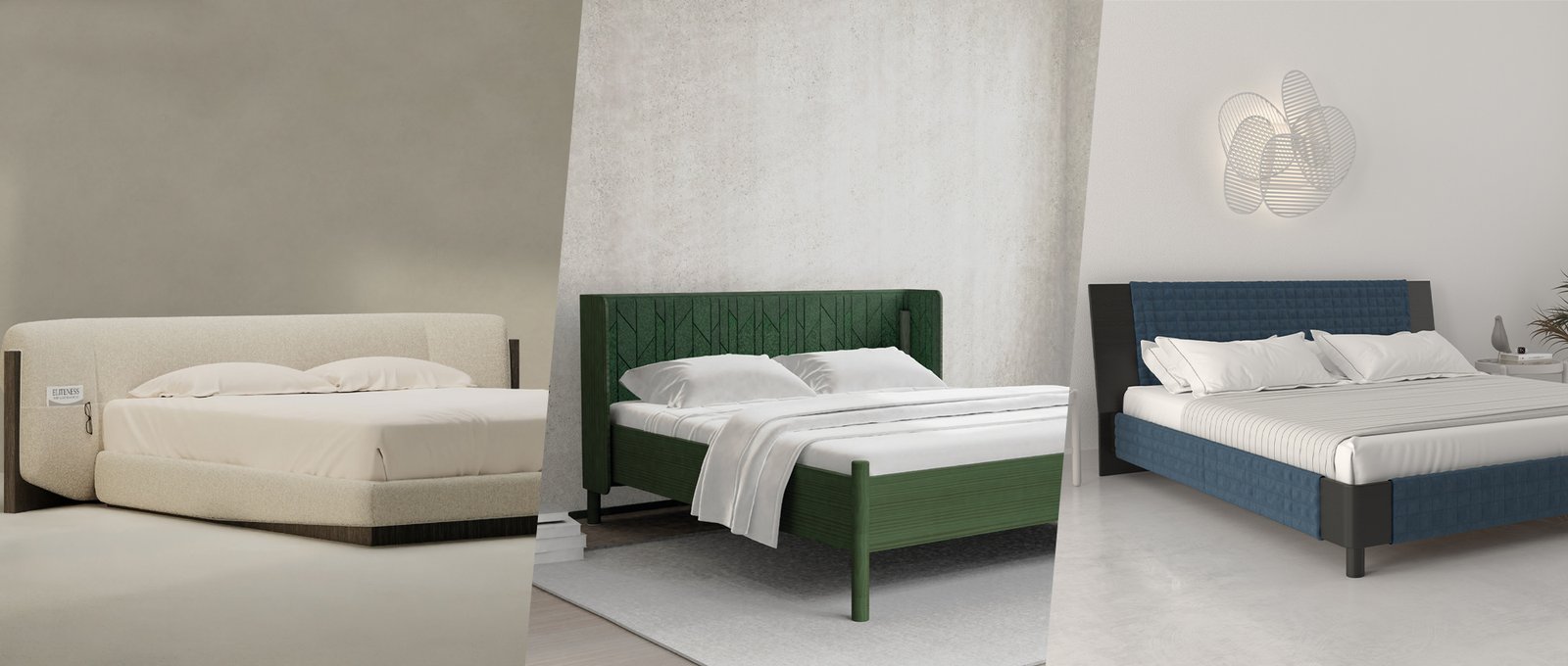It’s something we’re all familiar with – a good night’s sleep gives us positive energy when we wake up. It’s as if sleeping had regenerated us. Such restorative sleep gives us new strength we need to conquer mountain peaks! Poor sleep quality, on the other hand, has negative consequences because this biological function is essential for our physical and mental wellbeing. “Sleep is one of the pillars of good health and hygiene in life, so you have to be aware of all the factors that could disturb it”, explains Dr José Haba-Rubio, the medical co-director of Florimont Sleep Centre in Lausanne.
Lack of sleep can have severe consequences
Insufficient sleep has negative effects on our concentration, memory and mood and increases the risk of depression. It can cause such metabolic disorders as obesity or diabetes, immune deficiency and an increased risk of neurodegenerative disorders, such as Alzheimer’s or Parkinson’s disease. Some pathologies such as sleep apnoea can even increase the risk factor of cardiovascular incidents (heart attack or a stroke).
A third of the population complains of sleeping badly
The question of sleep has become a public health issue, with a third of the population complaining of not sleeping well. “Just as we have recognised the need to inform young people about the essential roles played by a healthy diet and physical exercise, we also need to teach them the rules of sleep hygiene. Insomnia and sleep apnoea are very common conditions, but they aren’t always diagnosed and treated. However, their impact on our health and quality of life is considerable”, adds Dr José Haba-Rubio.

The important role of the mattress
“The mattress is one of the primary conditions for a good night’s sleep”, explains Dr José Haba-Rubio, just as much as the ambience of the bedroom (lighting, temperature and noise). A good mattress plays as essential role because the body must be completely relaxed and perfectly supported at the same time. Otherwise, discomfort or even pain can wake up the sleeper, especially at the times when sleep is at its most restorative. We know that we don’t sleep continuously each night. The sleep pattern consists of 4 to 6 cycles, each lasting around 90 minutes. Each cycle is in turn made up of three phases: induction (light sleep), slow and deep sleep. The comfort level of the mattress is important in all of those phases.

Deep sleep: the type we need most!
For a thorough recuperation, both “slow” and “deep” sleep phases in each of these nocturnal cycles play a fundamental role in helping us recover from the physical fatigue built up in the course of the day. During these phases, the respiration and heart maintain a regular rhythm. It becomes increasingly difficult to wake up and the brain gradually loses its sensitivity to outside stimuli, such as noise or light.
Avoiding micro-awakenings
During deep sleep, the muscles are totally relaxed and the mattress has to enable the body of the sleeper to achieve the best possible alignment of the spine. Otherwise, we run the risk of lumbar or back pains during this most restorative phase in the cycle. “An uncomfortable sleeping position or one that is not adapted to the sleeper’s morphology, resulting from a mattress that is too soft or too hard, can become the cause of fragmented recovery or short, unconscious awakenings (arousal).”, confirms Dt Katerina Espa Cervena, psychiatrist and medical director of Cenas, the Geneva-based Sleep Centre.
The right mattress for everyone
To help their customers achieve this phase of deep sleep and stay in it for as long as possible, the customer assistants at the Elite stores offer each interested customer the chance to try out those models that suit best to their morphology and habits, depending on whether they normally sleep on their back, stomach or side. If it’s to be regarded as suitably adapted, a mattress has to be very comfortable – which is to say, there are no pressure points and the mattress provides dynamic support and allows the optimal alignment of the spine. For this purpose, Elite mattresses are designed with the springs calibrated to seven comfort zones, thus ensuring that such essential pressure points as the hops, shoulders, knees and head are held in the ideal position, while at the same time correctly and effectively supporting the small of the back and the nape of the neck.

This example shows a perfect bed that fits around the body supporting it at different pressure points.
Prevention of sweating and nocturnal awakenings
Another important aspect in the avoidance of micro-awakenings is the thermal comfort of the bedding. Did you know that the average person perspires the equivalent of half a litre of fluid every night? The mattress therefore has to be able get rid of this moisture, otherwise sweating and night awakenings may occur. The Elite mattresses are upholstered with precious natural materials that help regulate body temperature and absorb moisture. Wool, for example, is capable of absorbing up to a third of its own weight! In addition, the use of those materials offers special protection for the health of the users by creating a barrier to the formation of volatile organic compounds (VOC) in the bed. Elite is able to offer exclusively EU Ecolabel certified products, which is also a guarantee of sustainability.
Elite, the artisan of a good night’s sleep
Since 1895, Elite has been placing its traditional know-how at the service of its customers, by offering them the mattresses best suited to their needs. The company collaborates with sleep physicians, innovates – and cooperates with the best Swiss research institutes – to constantly improve its mattresses with new technologies. This quest for excellence is now positioning the company with a one-length lead in the market.

Eliteness, a care in itself
To find the mattress that suits perfectly your needs, pay a visit to one of the Elite stores to discover Eliteness, an art of well-being by turning sleep into a form of healthcare!




